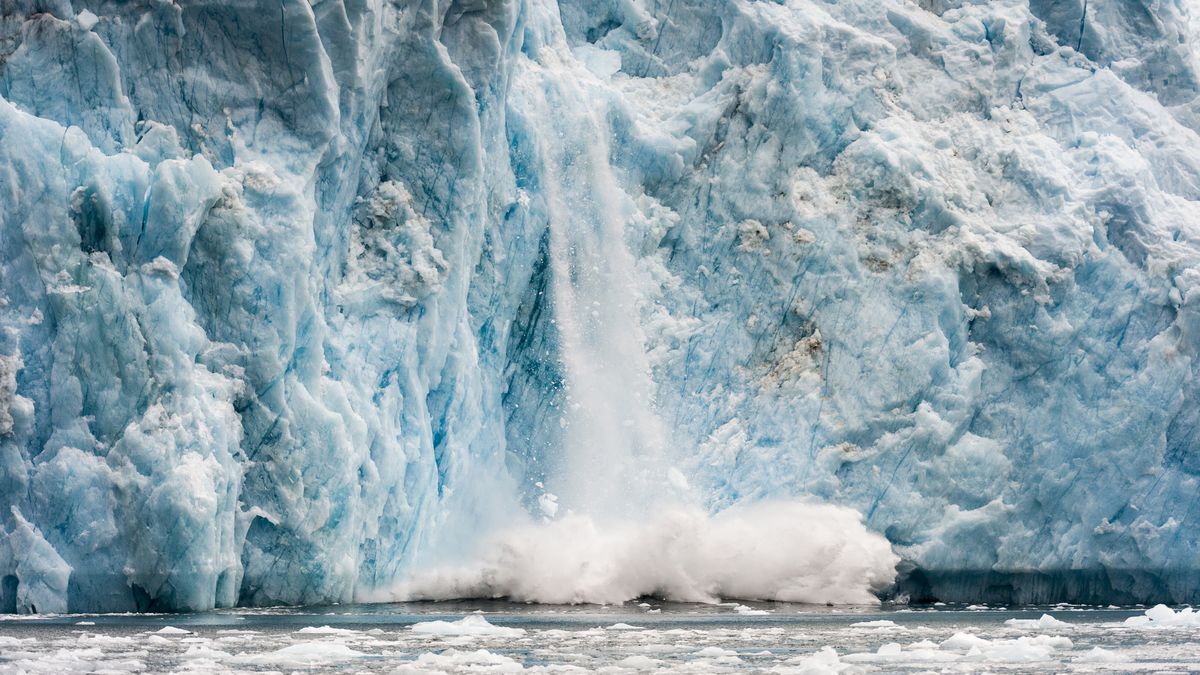Little activity had been seen in the North Greenland ice sheets but a new study (at Rapid disintegration and weakening of ice shelves in North Greenland - Nature Communications) finds that they've lost 35% of their total volume since 1978. Just as has been seen in Antarctica, the loss of the ice sheets causes the formerly bottlenecked glaciers to radically accelerate their slide into the ocean.

 www.livescience.com
www.livescience.com
"Until now, not much melting has been observed in Greenland's north, and scientists believed the ice there was relatively stable. To investigate further, the researchers fed a combination of satellite and field observations into a climate model. Their results revealed a chilling picture: Rising ocean temperatures had caused the ice shelves holding back North Greenland's glaciers to lose more than 35% of their total volume since 1978. Most of the loss was driven by warm water melting the ice shelves from underneath, while calving events — where blocks of ice break away from the shelf as icebergs — also contributed to the reduction. And if oceans continue to warm, the shelves could be pushed into a dramatic collapse, the researchers said."

Alarming collapse of Greenland ice shelves sparks warning of sea level rise
Three of North Greenland's eight enormous ice shelves have already undergone complete collapse.
"Until now, not much melting has been observed in Greenland's north, and scientists believed the ice there was relatively stable. To investigate further, the researchers fed a combination of satellite and field observations into a climate model. Their results revealed a chilling picture: Rising ocean temperatures had caused the ice shelves holding back North Greenland's glaciers to lose more than 35% of their total volume since 1978. Most of the loss was driven by warm water melting the ice shelves from underneath, while calving events — where blocks of ice break away from the shelf as icebergs — also contributed to the reduction. And if oceans continue to warm, the shelves could be pushed into a dramatic collapse, the researchers said."
